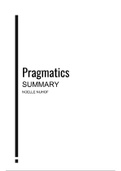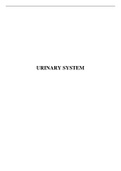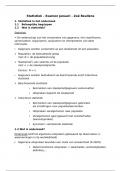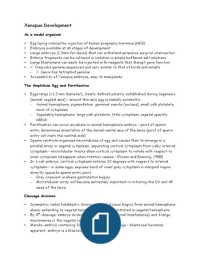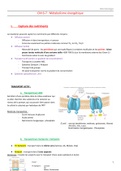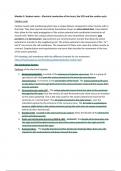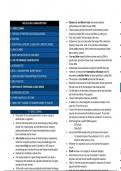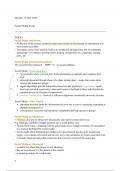Resume
Samenvatting Pragmatics (lectures)
- Cours
- Établissement
This is a summary of the lectures given in the course Pragmatics. It contains information about the concepts 'Meaning and Truth', 'Multimodality', 'Communication as Behaviour', 'Pragmatics and Culture' and 'Intersubjectivity in Interaction'.
[Montrer plus]
